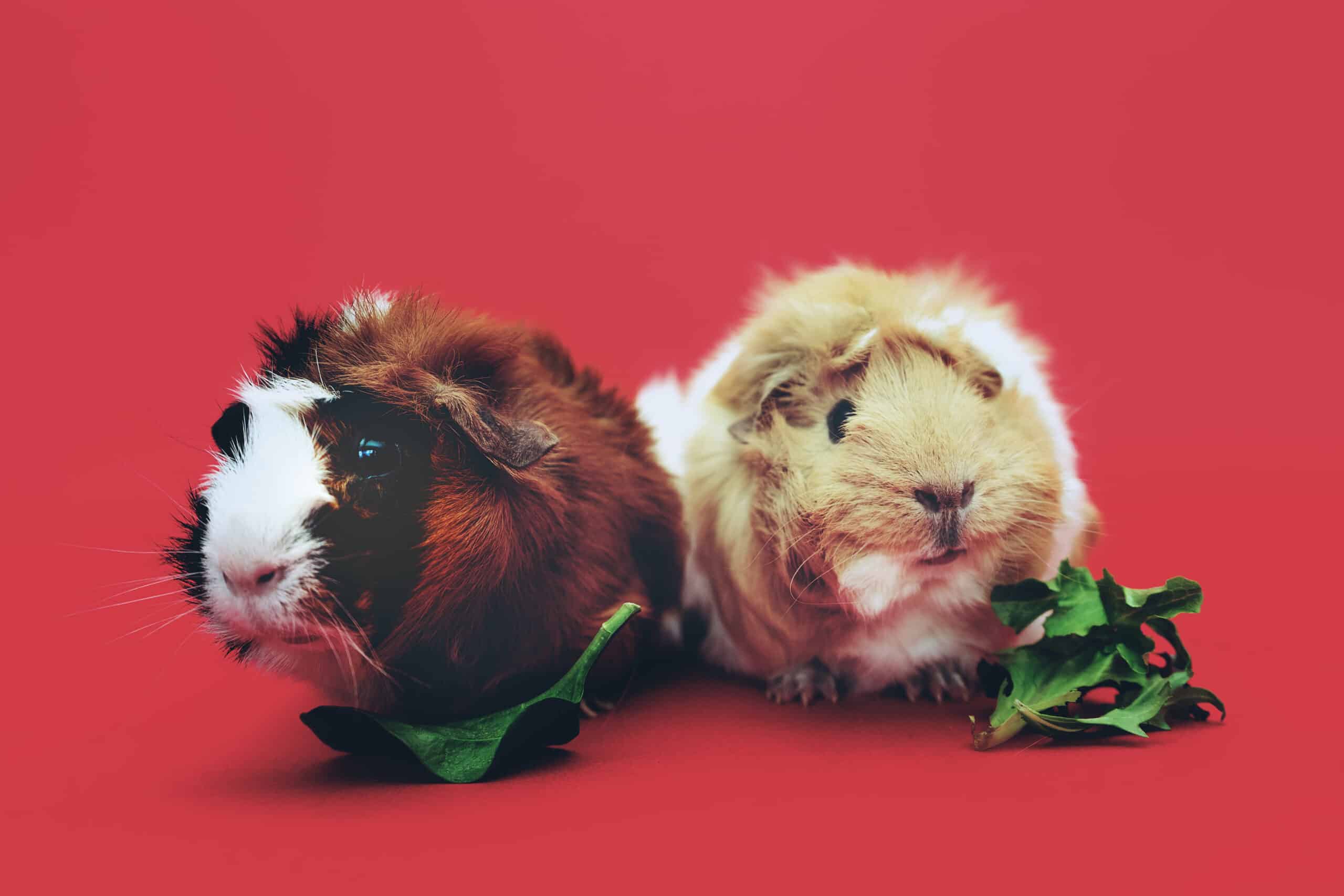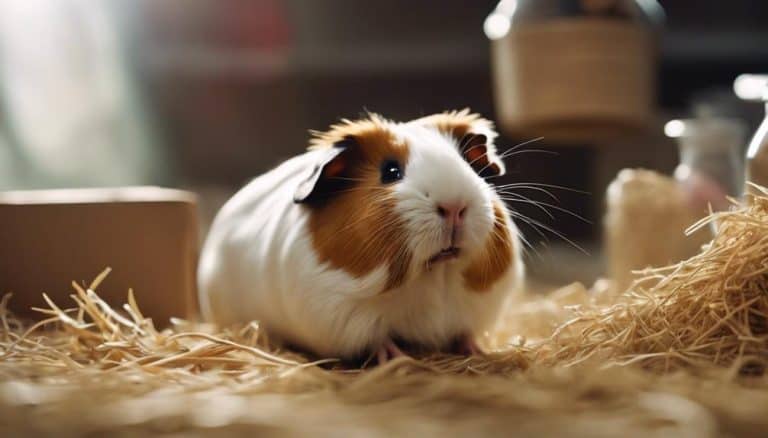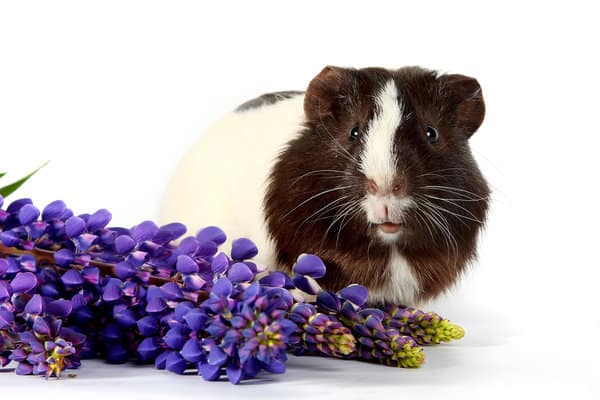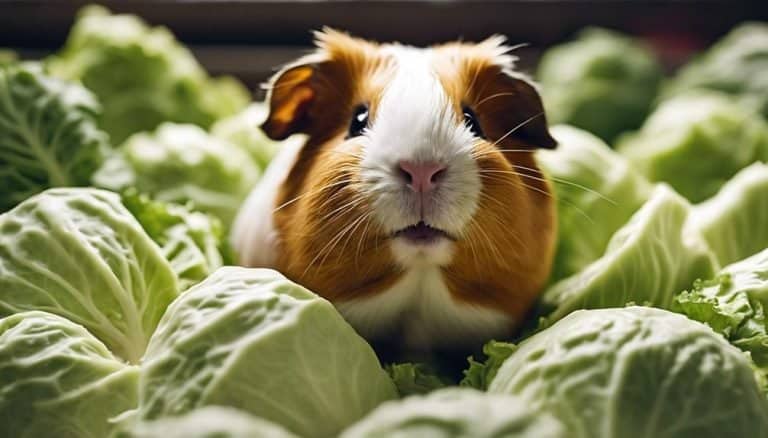Unveiling the Risks: Can Guinea Pig Food Pose a Threat to Dogs?
In recent years, there has been a growing trend among dog owners to provide their furry companions with unconventional diets. While some opt for homemade meals or commercial pet foods, others have ventured into uncharted territory by feeding their dogs guinea pig food.
This unexpected shift in dietary practices has raised concerns among veterinarians and pet nutrition experts who question the potential risks associated with this unusual choice. In this article, we will delve deep into the topic to uncover whether guinea pig food could pose a threat to our canine friends’ health and well-being.
By examining scientific research and consulting veterinary professionals, we aim to shed light on this emerging issue and offer insights that can guide responsible dog owners in making informed decisions regarding their pets’ nutrition.
Stay tuned as we unveil the risks that may be lurking behind these seemingly harmless pellets of guinea pig food, highlighting key considerations every dog owner should be aware of to ensure their beloved companion’s optimal health and longevity.
The Composition of Guinea Pig Food: Understanding the Ingredients
Guinea pig food is specifically formulated to meet the nutritional needs of guinea pigs, which differ from those of dogs.
The primary ingredients in commercial guinea pig food are hay-based pellets, vegetables, and fruits. These pellets form the basis of their diet and provide essential nutrients such as fiber, protein, and vitamin C. However, they may contain additives like grains or preservatives.
Vegetables and fruits are included in small amounts as supplementary treats to add variety to a guinea pig’s diet. While these ingredients may be safe for guinea pigs, some could pose health risks to dogs if consumed in large quantities due to differences in digestion processes between the two species. It’s important not to feed your dog excessively with guinea pig food as it may lead to digestive issues or malnutrition caused by an unbalanced diet for canines.

Potential Health Risks: Nutritional Imbalances and Allergies
When dogs consume guinea pig food, they face potential health risks from nutritional imbalances. Guinea pig food is specifically formulated to meet the dietary needs of guinea pigs, which differ significantly from those of dogs. Dogs require a balanced diet that includes specific proportions of protein, carbohydrates, fats, vitamins, and minerals. Feeding them guinea pig food can lead to an inadequate intake of essential nutrients necessary for their overall health and development.
Additionally, another risk associated with dogs consuming guinea pig food is allergies. Some ingredients commonly found in guinea pig food, such as peanuts or soy products, may trigger allergic reactions in dogs. These reactions can range from minor symptoms like itching and digestive upset to more severe issues like difficulty breathing or even anaphylaxis. It is crucial for dog owners to be aware of the potential allergenic ingredients present in guinea pig food and avoid feeding it to their pets to prevent adverse reactions.
The Importance of Proper Nutrition for Dogs
Proper nutrition plays a vital role in maintaining optimal health for dogs. A balanced diet ensures that they receive all the necessary nutrients required for growth, energy production, immune function, and overall well-being. Nutritional imbalances resulting from consuming inappropriate foods can have short-term effects on a dog’s vitality and long-term consequences on their overall health.
To ensure their pets’ well-being, dog owners should provide them with a nutritionally complete diet specifically designed for dogs – one that meets all their dietary requirements based on age, size, breed, and activity level. Consulting with a veterinarian can help in selecting an appropriate commercial dog food or designing a homemade diet plan tailored to individual pet needs while avoiding potentially harmful foods such as guinea pig food.
Digestive System Concerns: Impact on Dogs’ Gastrointestinal Health
A dog’s digestive system is designed to process and absorb nutrients from its food efficiently. However, consuming guinea pig food can pose a threat to their gastrointestinal health.
- Inadequate Nutritional Balance: Guinea pig food contains specific nutrients that are suitable for the dietary needs of guinea pigs but not dogs. When dogs consume it regularly, their nutritional balance may be compromised, leading to deficiencies or excesses in certain vital substances.
- Digestive Upset: The composition of guinea pig food differs significantly from dog food regarding fiber content and protein sources. As a result, dogs may experience digestive upset such as diarrhea, vomiting, or flatulence when they ingest this unfamiliar diet.
- Obstruction Risks: Some components of guinea pig food can pose potential obstruction risks if swallowed by a dog. Hard pellets or large seeds might get stuck in the gastrointestinal tract and cause blockages that require immediate veterinary attention.
It is crucial for pet owners to understand these concerns and ensure that their beloved canine companions are not exposed to the dangers associated with consuming guinea pig food.
Veterinarian Insights: Expert Opinions on Feeding Dogs Guinea Pig Food
Many veterinarians strongly advise against feeding guinea pig food to dogs. They explain that guinea pig food is specifically formulated for the nutritional needs of guinea pigs, not dogs. It lacks certain essential nutrients that are crucial for a dog’s overall health and well-being.
According to Dr. Smith, a veterinarian with over 10 years of experience, “Feeding guinea pig food to dogs can lead to nutritional deficiencies, digestive issues, and even weight gain.” He emphasizes the importance of feeding dogs a balanced diet specifically designed for their species.
Dr. Johnson adds that some ingredients commonly found in guinea pig food may be toxic or harmful to dogs when consumed in large quantities. For example, vitamin C is an essential nutrient for guinea pigs but can cause gastrointestinal upset in dogs if given excessively. Both veterinarians suggest consulting with a professional before introducing any new type of food into your dog’s diet to ensure their health and safety.
In summary, while it may seem convenient or cost-effective at times, it’s best not to feed your dog guinea pig food due to its lack of essential nutrients and potential risks associated with certain ingredients. Your furry friend deserves a carefully tailored diet that meets their specific dietary requirements as determined by veterinary professionals who specialize in canine nutrition.







